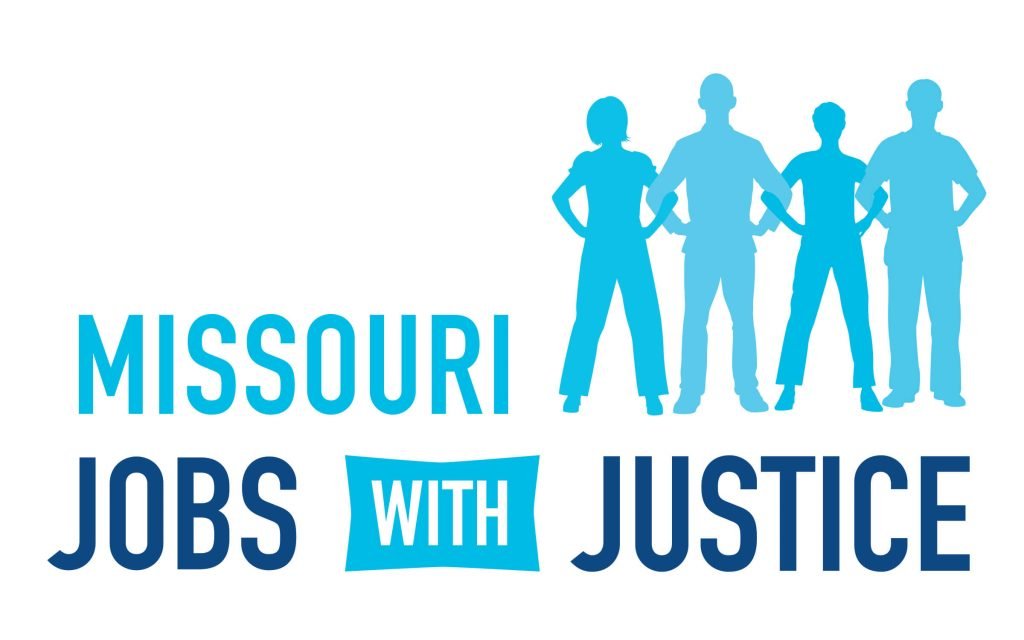by Ruth Ehresman
A Place at the Table
When I was a child, Labor Day shut the door on summer vacation. But I also remember it as a
day that was important to my Dad. His first paying job as a teen was in the shoe factory in our
small town. When it closed in 1959, he found work at McDonell -Douglas (now Boeing) as a
machinist. Unions were essential to him, and to the well-being of our family. I was taught the
importance of being present for a strike vote, of walking picket lines, of sharing resources when
labor and management couldn’t reach agreement, of standing together for what were truly
living wages.
Today school begins in mid-August, and the pendulum has swung from organized labor to a gig
economy, contract workers, temps, fewer factory jobs and an explosion of low-paying, often
part-time work without benefits. How are workers and their allies called to stand together
today?
Catholic social teaching on “work” is decidedly counter-cultural. In 1996 the U.S Catholic
Bishops published a Catholic Framework for Economic Life. Its first tenet is that “the economy
exists for the person, not the person for the economy”. That doesn’t fly in the corporate world
or even in the boardrooms of many non-profits.
The Framework goes on to state that a “fundamental moral measure of any economy is how the
poor and vulnerable are faring. All people have a right to secure the basic necessities of life
(e.g., food, clothing, shelter, education, health care, safe environment, and economic security.)”
Conversations with our neighbors in the food pantry indicate that our economy fails too often.
This week we helped Gloria to stop the disconnection of her electric service. She is a retired
nurse’s aide with about $1000 per month in Social Security benefits. She cannot pay her rent
and utilities, no matter how well she budgets. She struggled throughout her life with low
wages. Poverty is the gift that keeps on giving to retirees, whose low Social Security benefits
assure that they continue to live in poverty the rest of their lives.
As Christians today we are challenged to examine our economy and our place in it. What is its
effect on workers and on our world? Who benefits? Who is losing ground? Much of our
industry gives priority to profit over its impact on the environment, the use of scarce natural
resources, and the destruction of the homes of those most vulnerable in the United States and
across the globe.
There are no easy answers. But there are things that each of us can do. Next week after the
Masses we will offer an opportunity for you to take a step to improve the lives of many
low-wage Missouri workers. We hope you will join us and act.
Ruth Ehresman, Member of the Justice and Service Commission,St. Pius V and St. Vincent de
Paul Roman Catholic Parishes, St. Louis and Co-Chair of the St. Louis Workers’ Rights Board
A Prayer for Labor Day
God the Maker, help us to look with love and renewed wonder at all the things that exist in part
or in whole through the creativity and toil of others and ourselves.
Spur in us a hanger, O God, to honor those who labor, to act for their just working conditions, to
demand fair wages and protection, to join them in raising up a more just world. You call us to
mourn and act…when people build houses in which they cannot love; plant food, but go
hungry; bathe our sores, but can’t afford their water bill. Let our gratitude for each one’s service
spur us to secure justice for each one’s dignity. Amen. Adapted from an article by Julie Polter,
editor of Sojourners.

